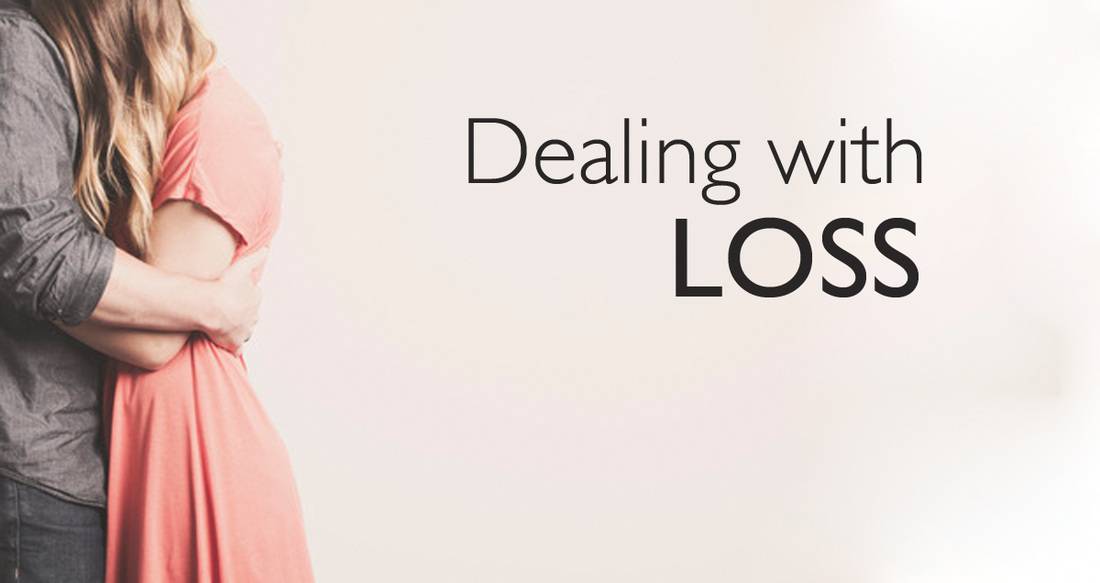|
I remember the first time I moved away from home. It was my freshman year in college when I made the trek from Arizona to Kentucky to attend Asbury University. I was excited about starting college, but was going to miss my family who would be 1,800 miles away. Even though exciting things were happening, I was temporarily losing something — constant contact with my family and the familiarity of how my life used to be at home. Grief comes with loss and change. Whenever we think of grief, we think of the sadness that accompanies the death of a loved one. In reality, grief occurs whenever we lose something important to us. While the death of a family member certainly fits the bill, it could be the loss of a relationship through a breakup or divorce, or the loss of a job. Grief also encompasses the change that comes as a result of the loss. Things are no longer as comfortable and we are forced to adjust. Even good things like marriage and the arrival of children means the end of a former way of life that was familiar. How do we get over it? There are healthy ways to grieve but also things we do that may get in the way of healthy grieving. Here are some things to keep in mind:
How to Grieve The only way to get over grief is to grieve. Grief is the most complex series of emotions humans are capable of experiencing. There is no time table for grief. The only way to get through it is to feel it, experience it, and eventually accept it. Some ways to process grief:
Grief is beautiful. During my first semester in college, I finally did feel better about living so far from home. What was harder was the fact that two people in my family died during my second month there—my great-grandmother and my cousin who was like a sister to me. It was hard to grieve so far from my family, but comfort came through several phone calls, some talks with my pastor, and the support of those around me. As I look back, I still feel sad whenever I think about my cousin, Nichole. I realize she's in a better place, but there is still a sadness that remains. And that's okay. It's more like a beautiful sorrow. Feeling loss means you had something that gave you joy to begin with. Grief is difficult but it doesn't negate joy. It makes you human, and makes you feel alive. Every deep cut leaves a scar. You will feel much better eventually—but there may always remain a remnant of sadness. Such experiences nurture a compassion for others going through the same thing—which is exactly what they'll need in the midst of their own loss. You can be the very presence of God to them during a time when you wish you had the same. Subscribe to My Newsletter
5 Comments
Mercedes Rodriguez
1/31/2018 01:21:14 pm
I need more information about Grief Counseling, its not for my self its for my husband. please respond to me so I can give you more information.
Reply
Grief is a normal part of carry on in a loss, but for some people it is a serious matter. In that way, the normal grief can lead to grief disorder which require a professional or their family to overcome this situation. Loss of something important for the people is the cause of grief. It was nice to see and read your post. I find it very insightful and interesting. Thanks for sharing with us this information. It helps a lot.
Reply
8/28/2018 04:56:36 pm
I really liked that you mentioned that there is beauty in grieving. It is nice to know that you can find comfort this way through others. This would be nice for a friend of mine that is worried about her loved one and has looked into grief counseling.
Reply
9/26/2018 04:11:55 pm
That's good to know that you can go to a counselor or find a support group if you don't have close friends or family you can open up to. My cousin's dad just passed away and she's having a really hard time but she lives really far away so I can't help much. I'll have to find a grief counselor and see if she'd be willing to go since that could help her come to terms with everything better and have more support.
Reply
Leave a Reply. |
Article Topics
All
Archives
July 2023
|
We're ready to help. Let's begin.
Peoria LocationInside State Farm
9299 W Olive Ave Ste 212 Peoria AZ 85345 |
Phoenix LocationInside CrossRoads UMC
7901 N Central Ave Phoenix AZ 85020 |
About |
Services |
EducationPrograms
ACPE Spiritual Care Specialist Pastoral Counseling Apprenticeship Deconstruction Course Free Grief Training Contact |
We're ready to help. Let's begin.
© 2024 Prism Counseling & Coaching. All Rights Reserved.
Christian DISC® is a registered trademark of Prism Counseling & Coaching.
Christian DISC® is a registered trademark of Prism Counseling & Coaching.


